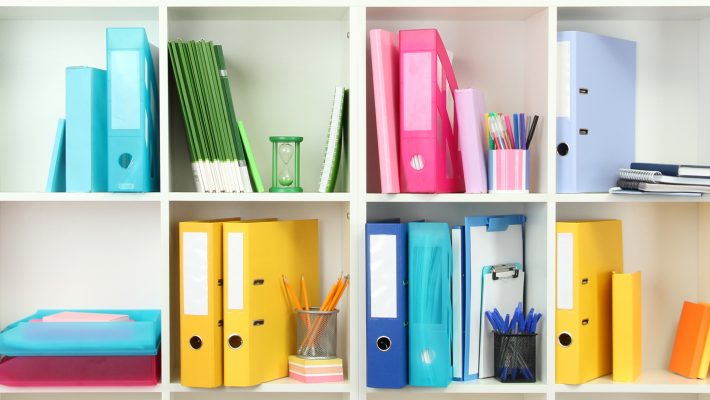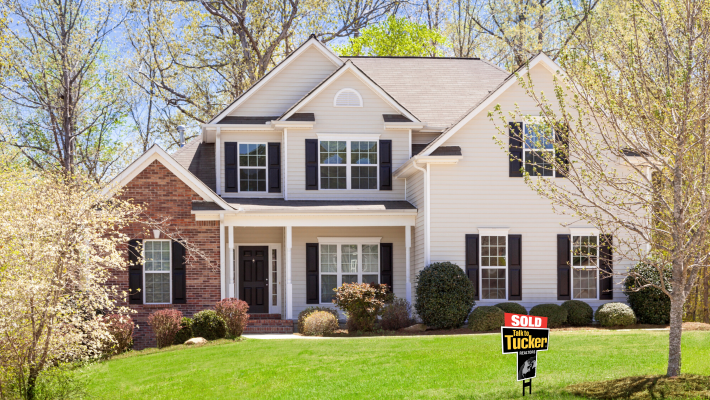When it comes to your home, you know what you like and what you don’t like, but you aren’t entirely sure how to pull a look together. You just know that you’d like to make some changes, and you’re going to need some help.
Cue the call for some professional guidance by an interior designer! Whether you’re building your dream home, moving into a new place or want to update the look of your existing home, an interior designer can help you create your dream home.
What’s the Difference Between Interior Designers and Interior Decorators?
A lot of people use the terms “interior designer” and “interior decorator” interchangeably, and their fields do overlap – but they’re not the same. Before you hire someone, you need to know exactly where your money is going.
An interior designer has a specific education that allows them to understand what makes a space both functional and pleasant. They understand interior architecture and spatial planning, which means they can work tightly with both contractors and architects during a major remodel. They can also be involved in the decorative aspects of a home, from furniture choices to accent rugs.
An interior decorator, by comparison, is not involved in the structural aspect or planning of any renovations. Because of that, they don’t need the same education that an interior designer has (although many have studied art, fashion, decorative style and other related fields). Interior decorators step into a space and focus on how they can make it visually appealing through the use of color, furniture and accessories.
If you’re doing major renovations or are building from the ground up, an interior designer (not a decorator) is what you need. Make sure you check the credentials of the person you’re hiring and that they’re able to do what you want.
How Much Does an Interior Designer Cost?
There are a lot of different factors that go into the cost, so there’s no easy answer to this question. The size of your project, the designer’s level of involvement in the building or renovation process, the designer’s reputation and experience level, and the way that they charge (hourly or as a flat fee) can all affect the price.
In general, you can expect an interior designer to cost between $50 and $200 per hour (or the equivalent in a flat fee) and the average overall cost to hire one is around $6,500 – but your costs could be significantly lower or higher depending on the project.
Keep in mind, that’s an expense that will go on top of any other costs associated with your build or renovation, including any furniture and decor. When you’re searching for an interior designer, it’s helpful to have a good idea of your maximum budget in mind, so that you aren’t unprepared for the price.
Where Do You Start Your Interior Design Project?
First, you need to start by putting together a little inspiration. No matter where your project ultimately takes you, you should give the interior designer a clear idea of what appeals to you – and what doesn’t. Whether you put clippings in a scrapbook or use Pinterest, a “design board” gives you and your interior designer a starting point for your plans.
Second, you have to decide exactly how much control and input you want over the interior design process. It’s your space, so you have every right to be involved in the entire process, from concept to execution, if that’s what you desire. However, a lot of people hire an interior designer so they don’t have to make a lot of decisions – and that’s okay, too! Make sure you communicate your plans to your prospective designer.
Finally, schedule an initial consultation with your prospective designer and get ready to ask – and answer – a lot of questions. Some of the things you need to discuss include:
- Your budget: Be blunt about this, so that there are no misunderstandings. If a designer is priced out of your budget, you can search for another that’s no less talented (but may be less renowned or experienced and, therefore, priced more reasonably).
- The scope of the project: If you want the designer to be involved in the space planning, and project management, that’s a lot more work than coming in after the major renovations are done and pulling the decor together.
- Your timeline: Flexibility (on both sides) is key to any good working relationship, but you do need to let the designer know when you’d like to have your project finished. That way, they can determine if they have room in their schedule.
- The designer’s network: Most interior designers have a network of trusted local contractors that they use for painting, plumbing, electrical work or other remodeling. If your project is extensive, this can be invaluable.
- Their credentials and references: Make sure you know who you are hiring. Ask for photos of some of the work that they’ve done and talk about their training and background.
Pay close attention to the way you relate to the interior designer in your consultation. Do you communicate well? Do you feel comfortable asking questions, and do they seem confident and comfortable answering you? After you show off your design board and talk about your ideas, does the interior designer embrace them, or try to sway you toward a style they prefer?
Ultimately, you want to select an interior designer whose personality and vision meshes with yours – because the results can be disastrous, otherwise.
Final Thoughts
Hiring an interior designer is an intensely personal decision – the designer that’s perfect for you could be terrible for your best friend or neighbor. Don’t rush into a commitment with an interior designer until you’re absolutely sure your vision meshes with their talents.




